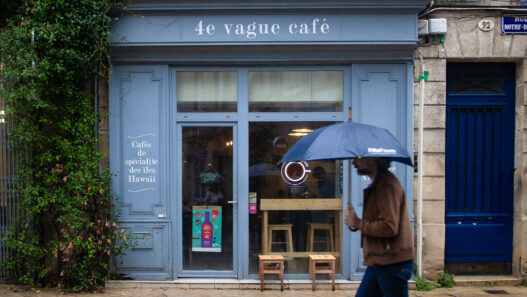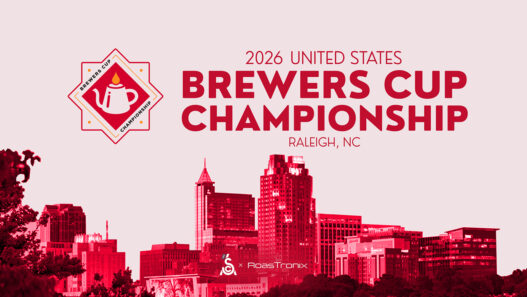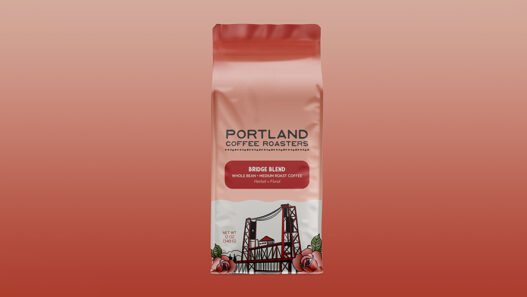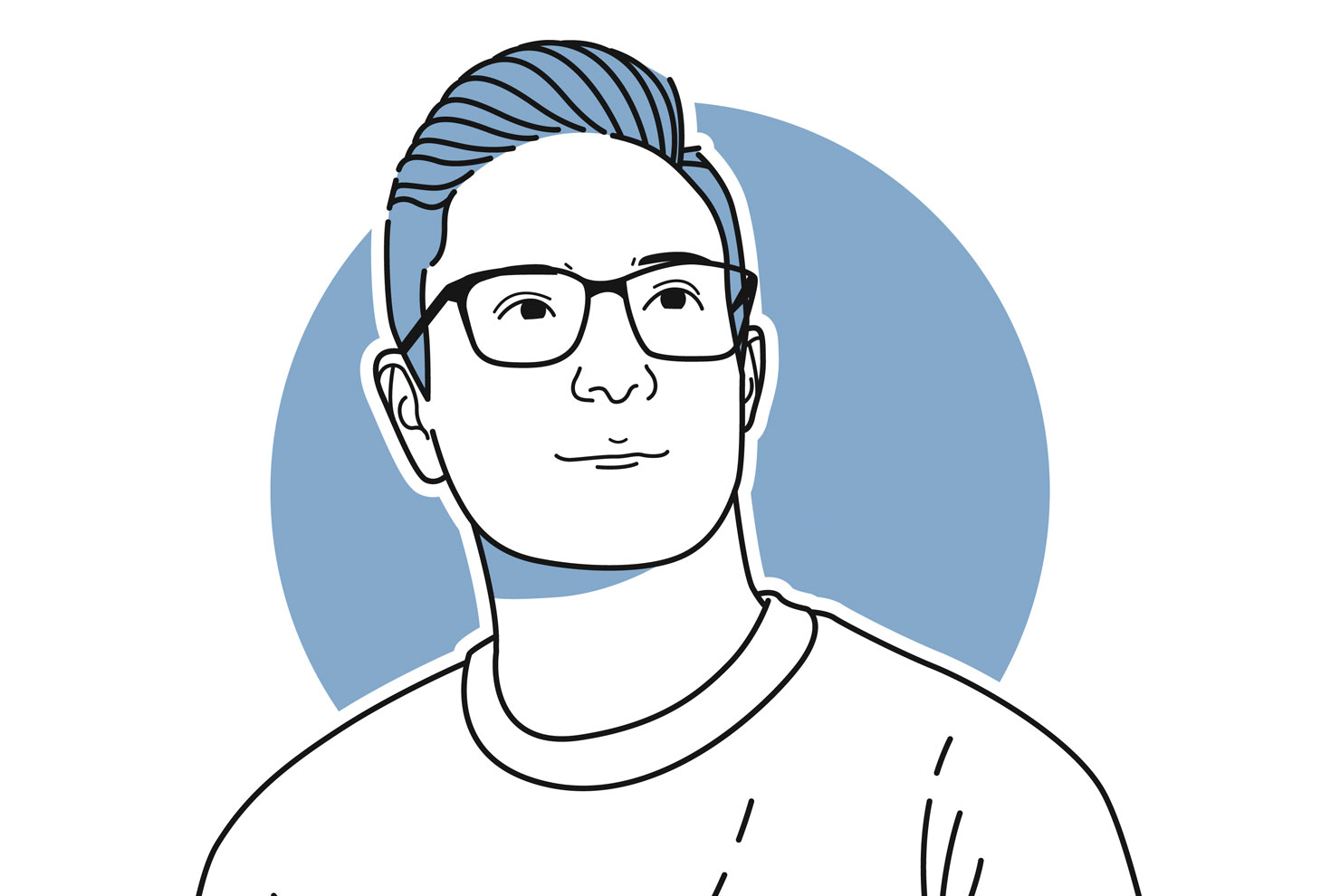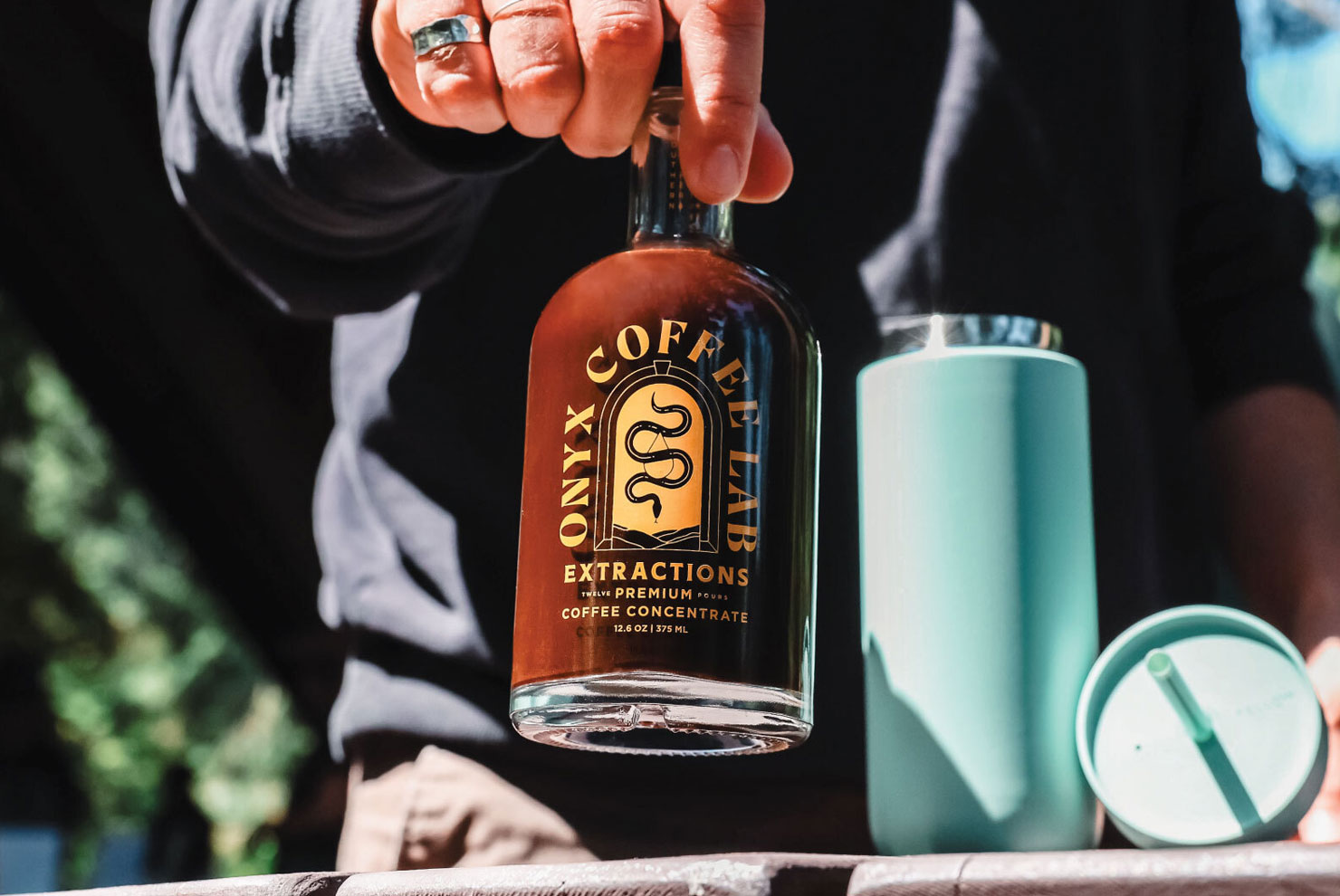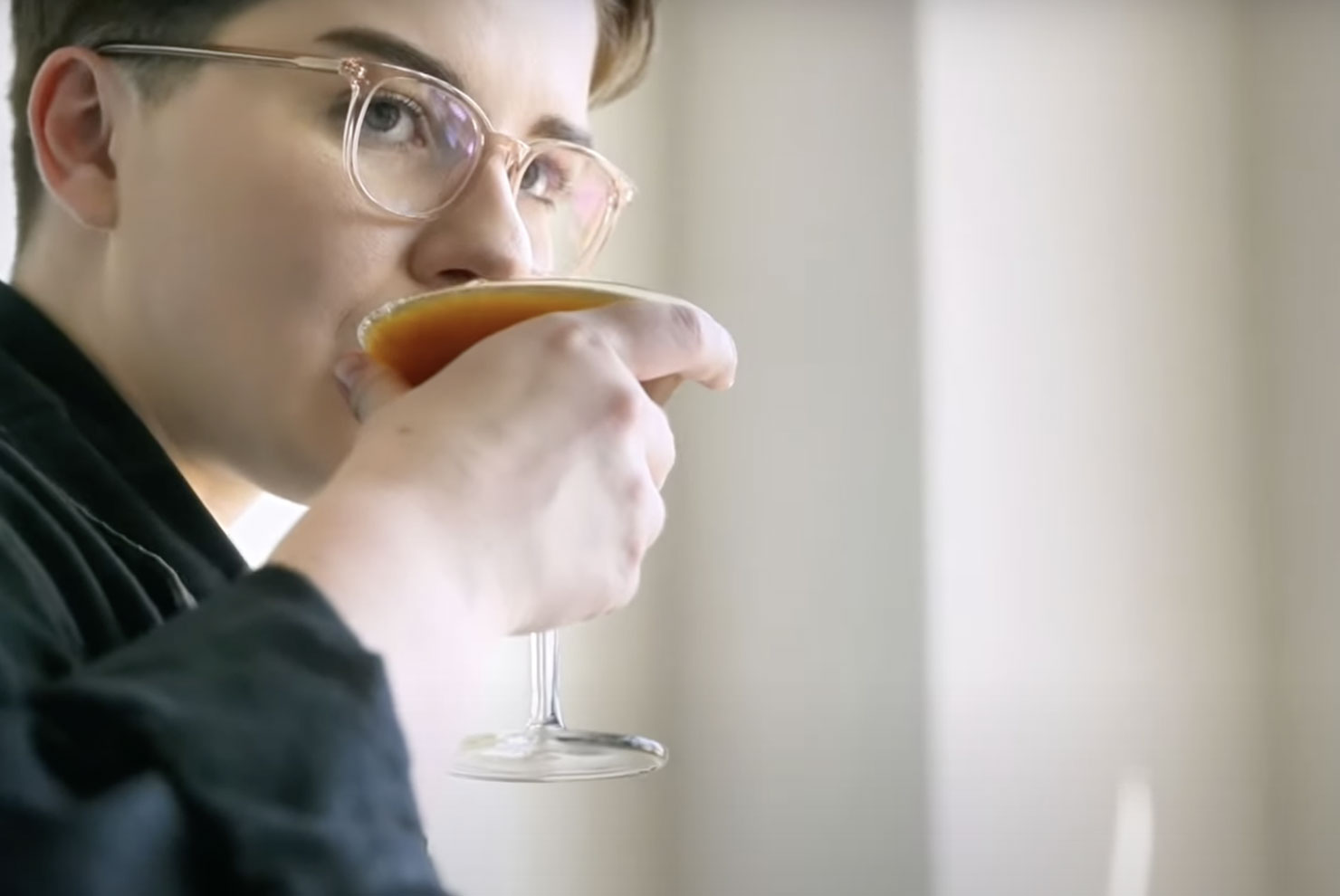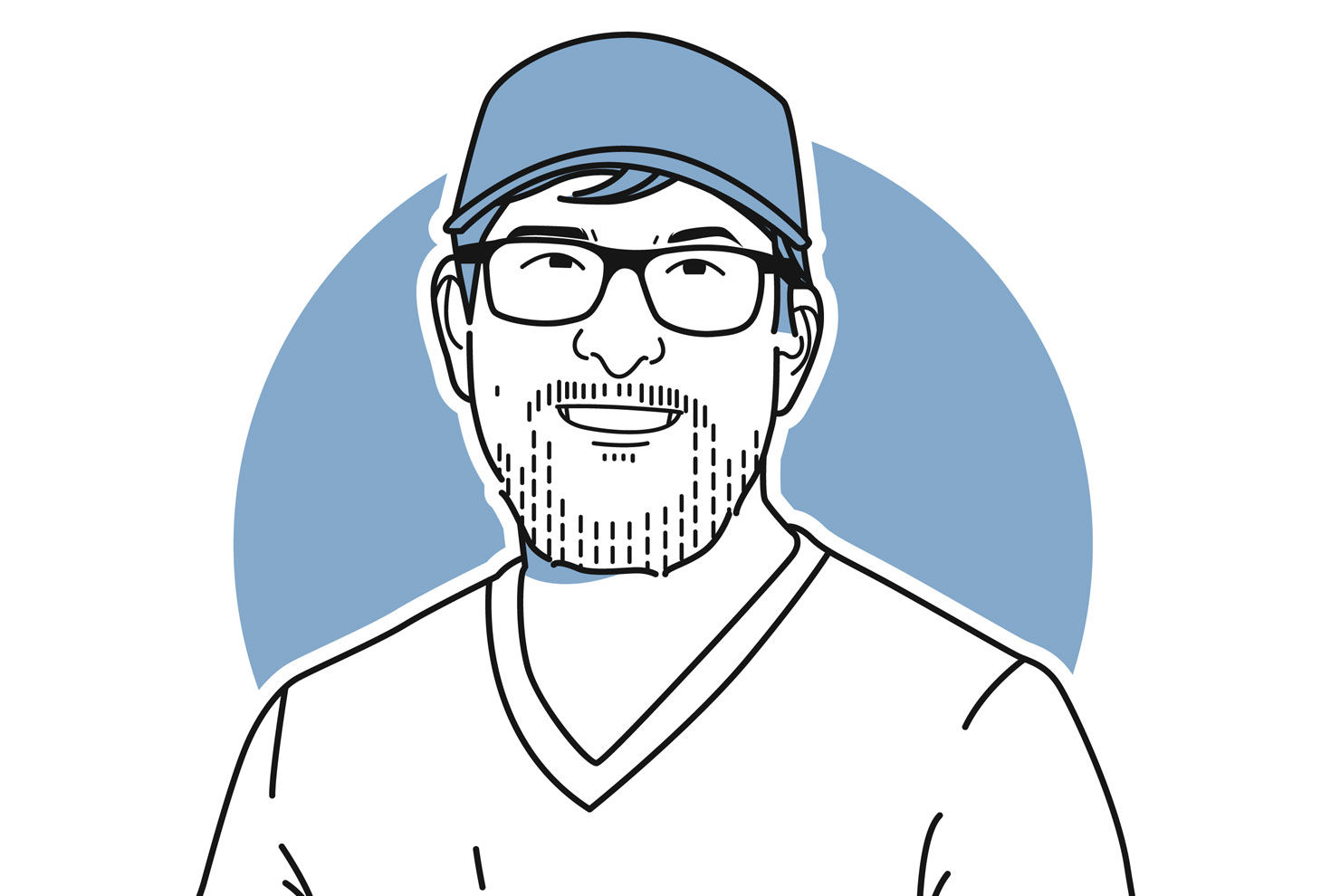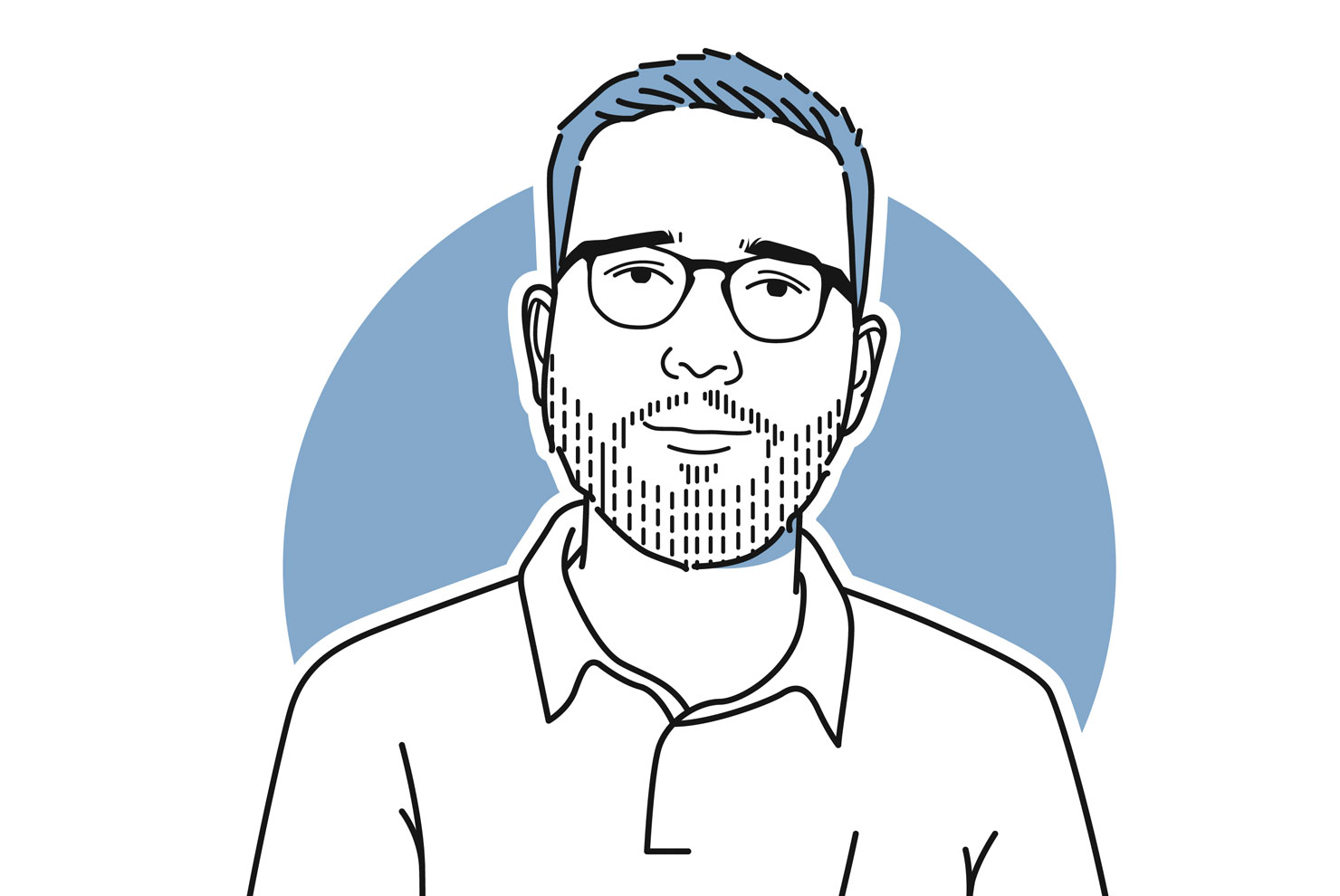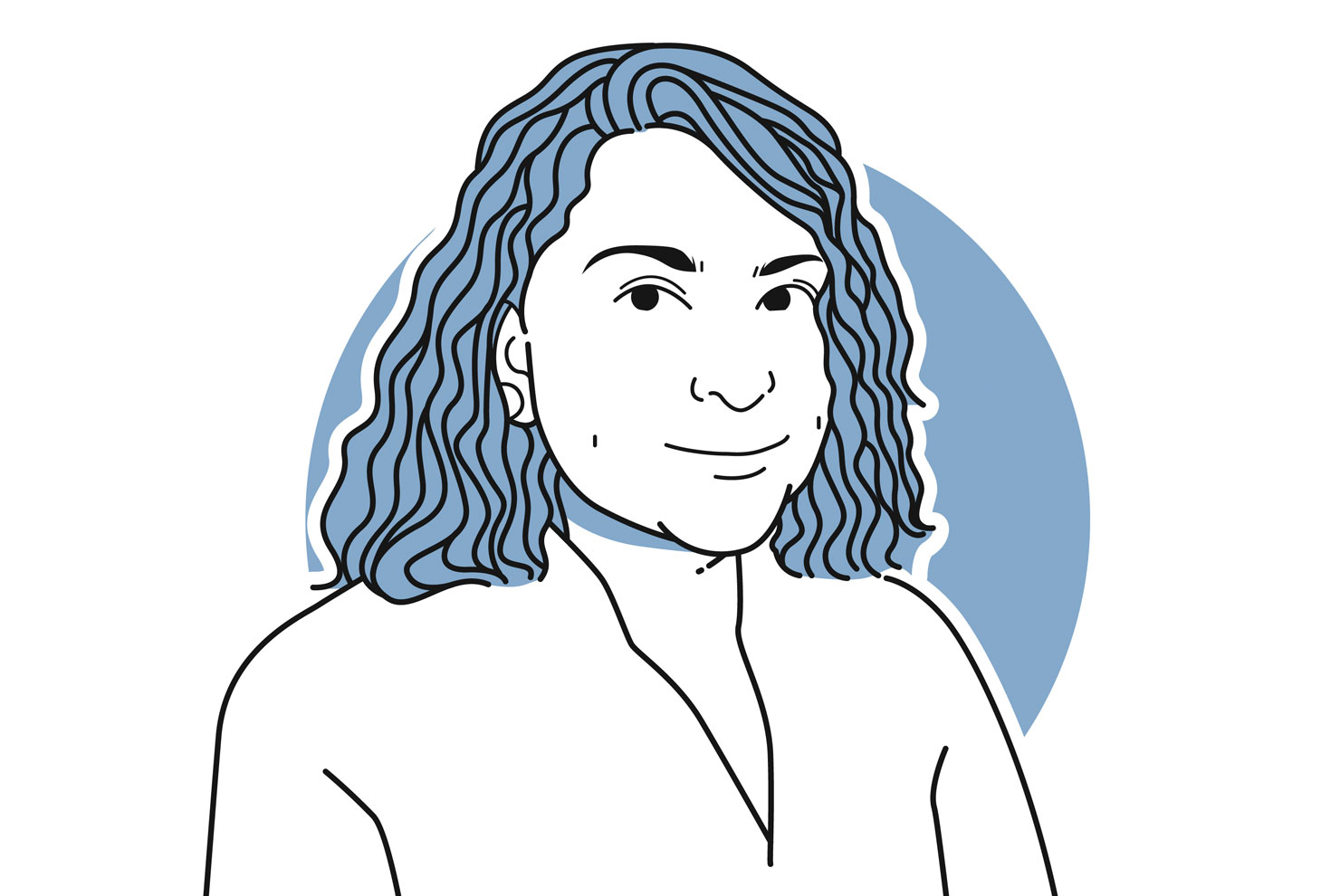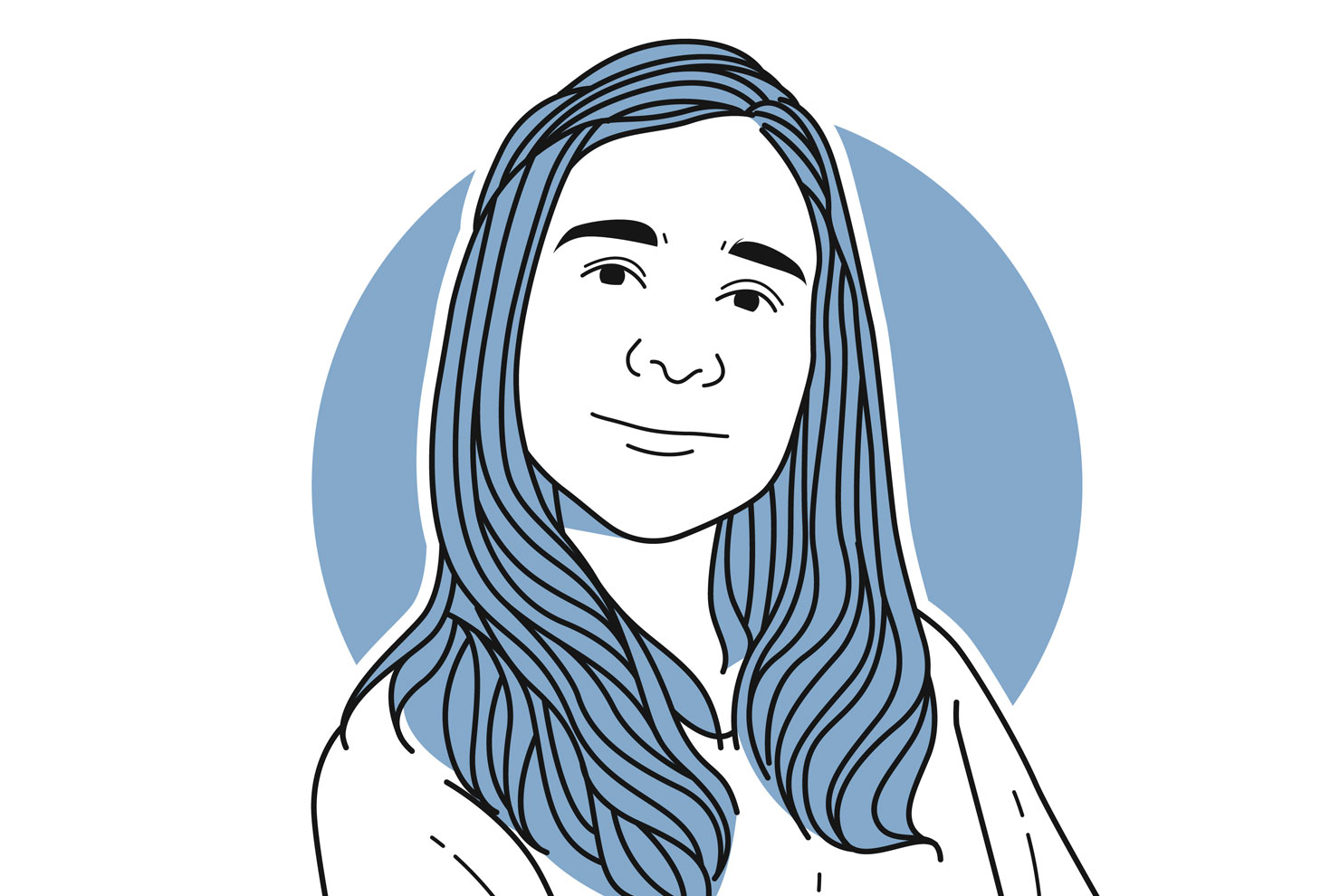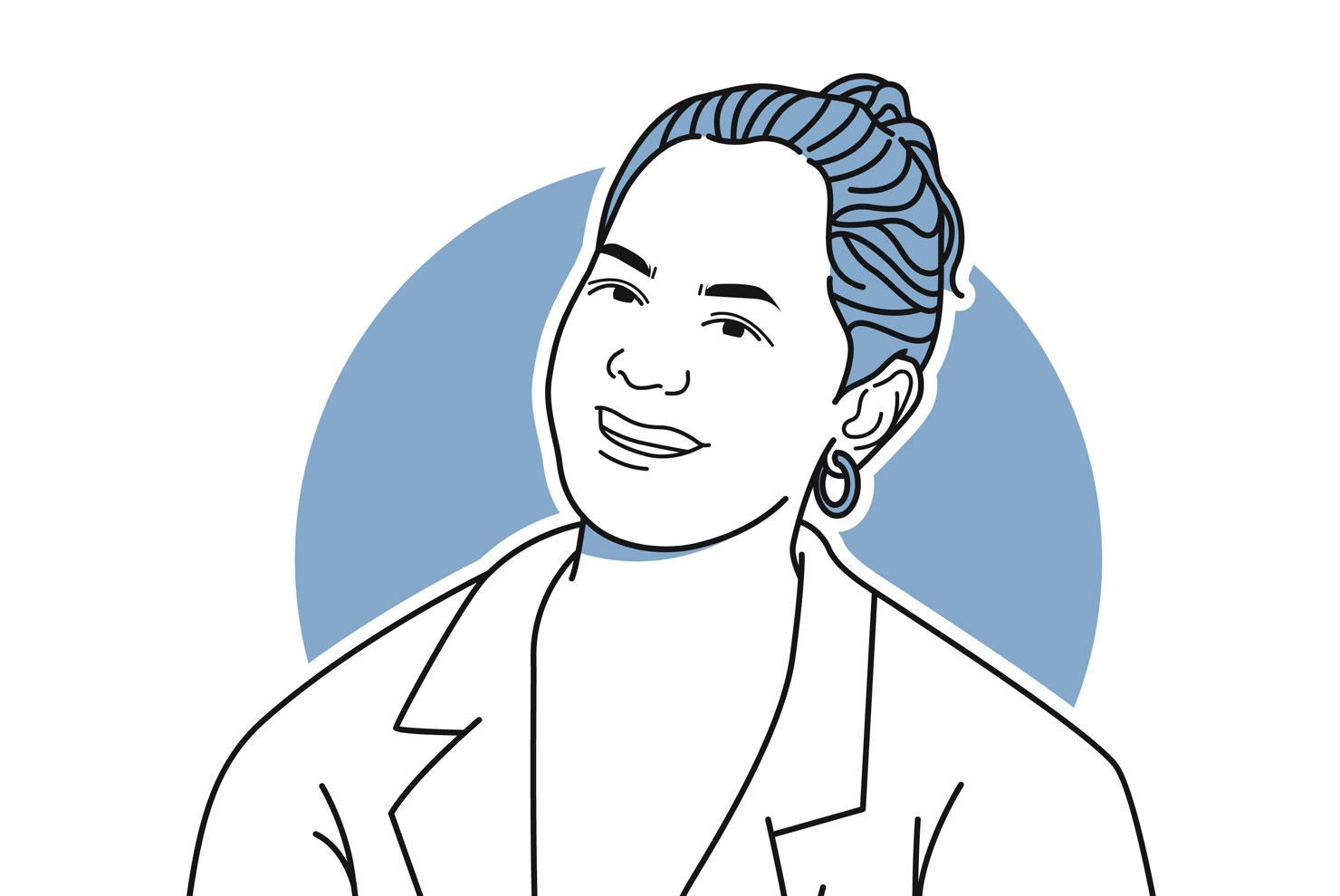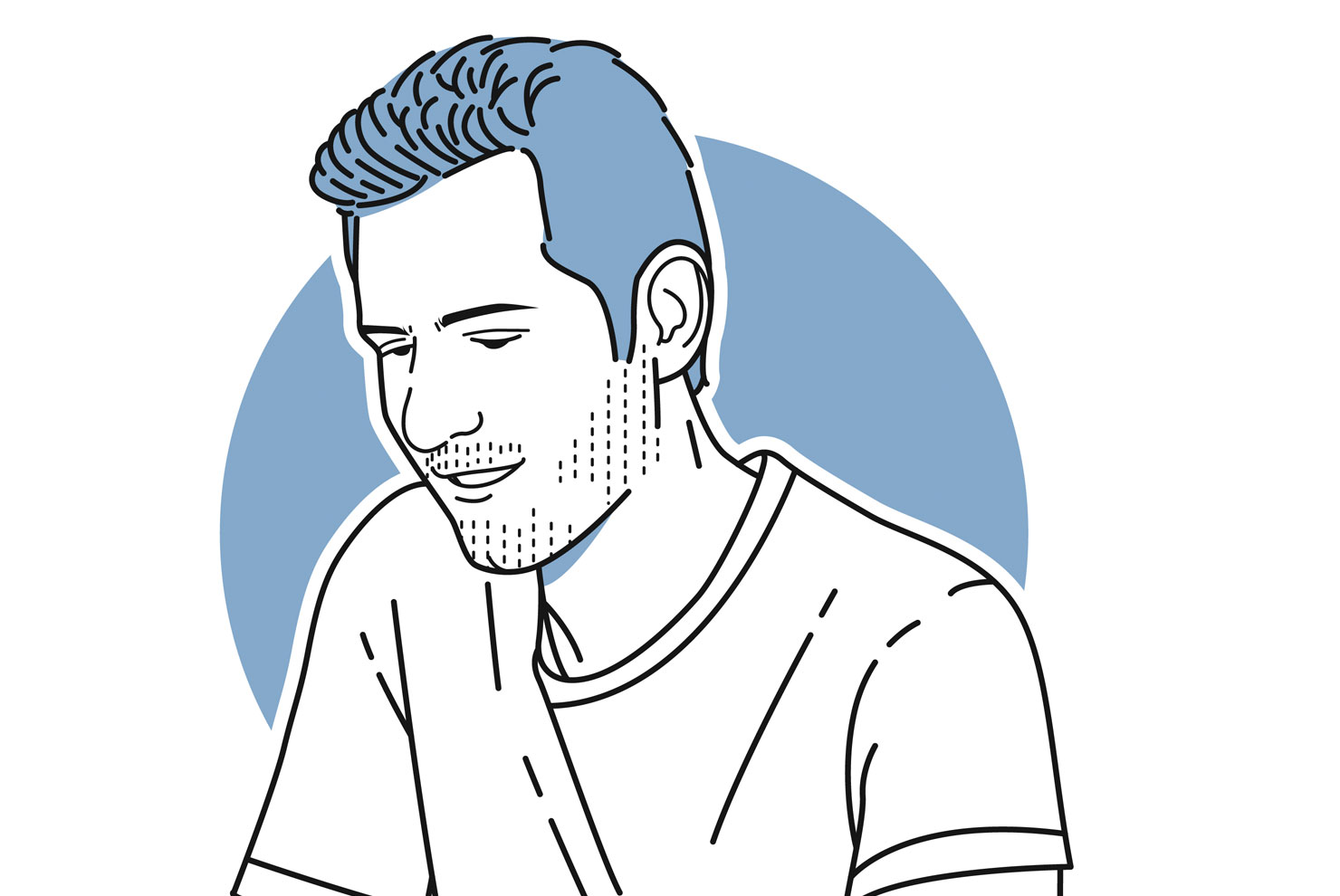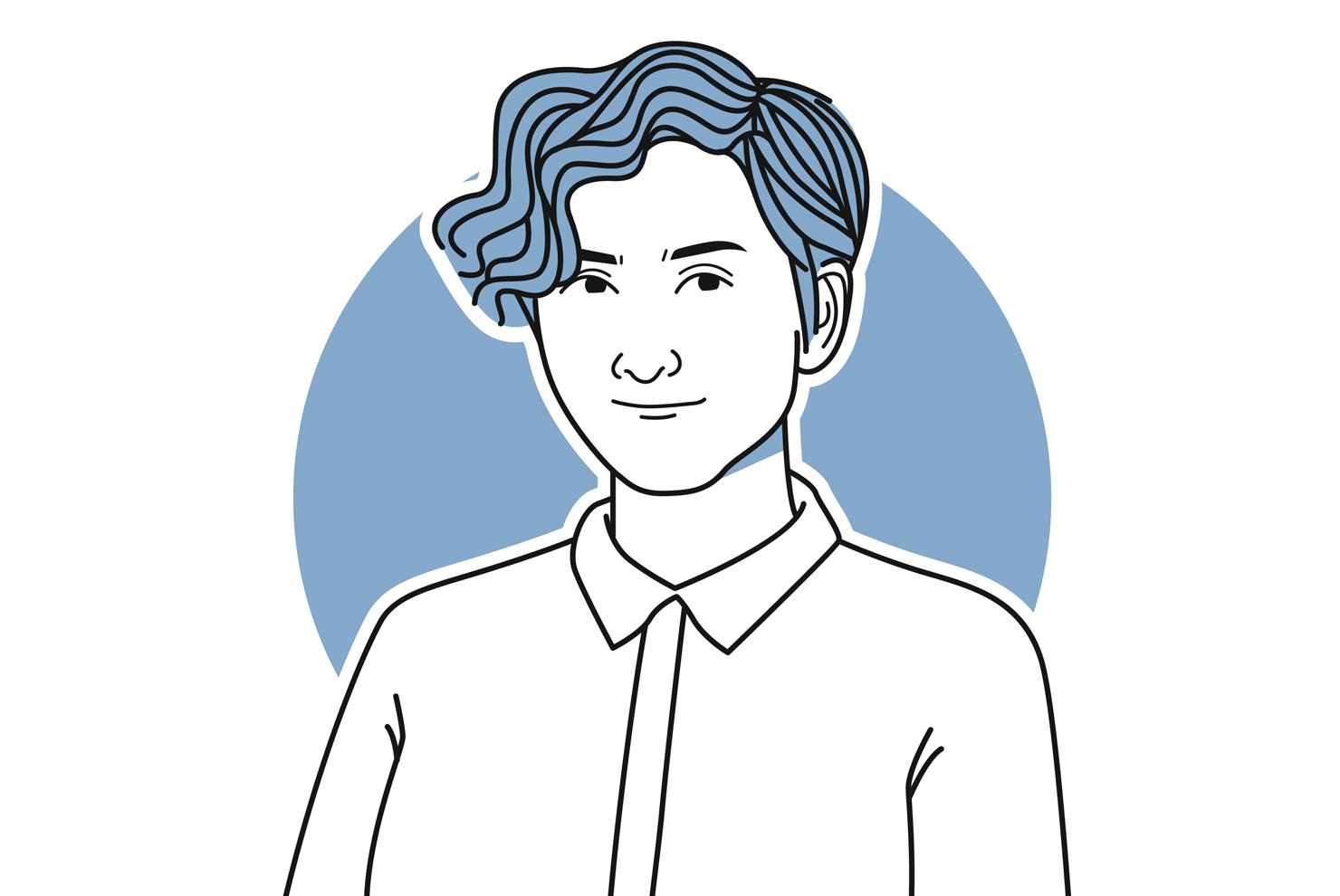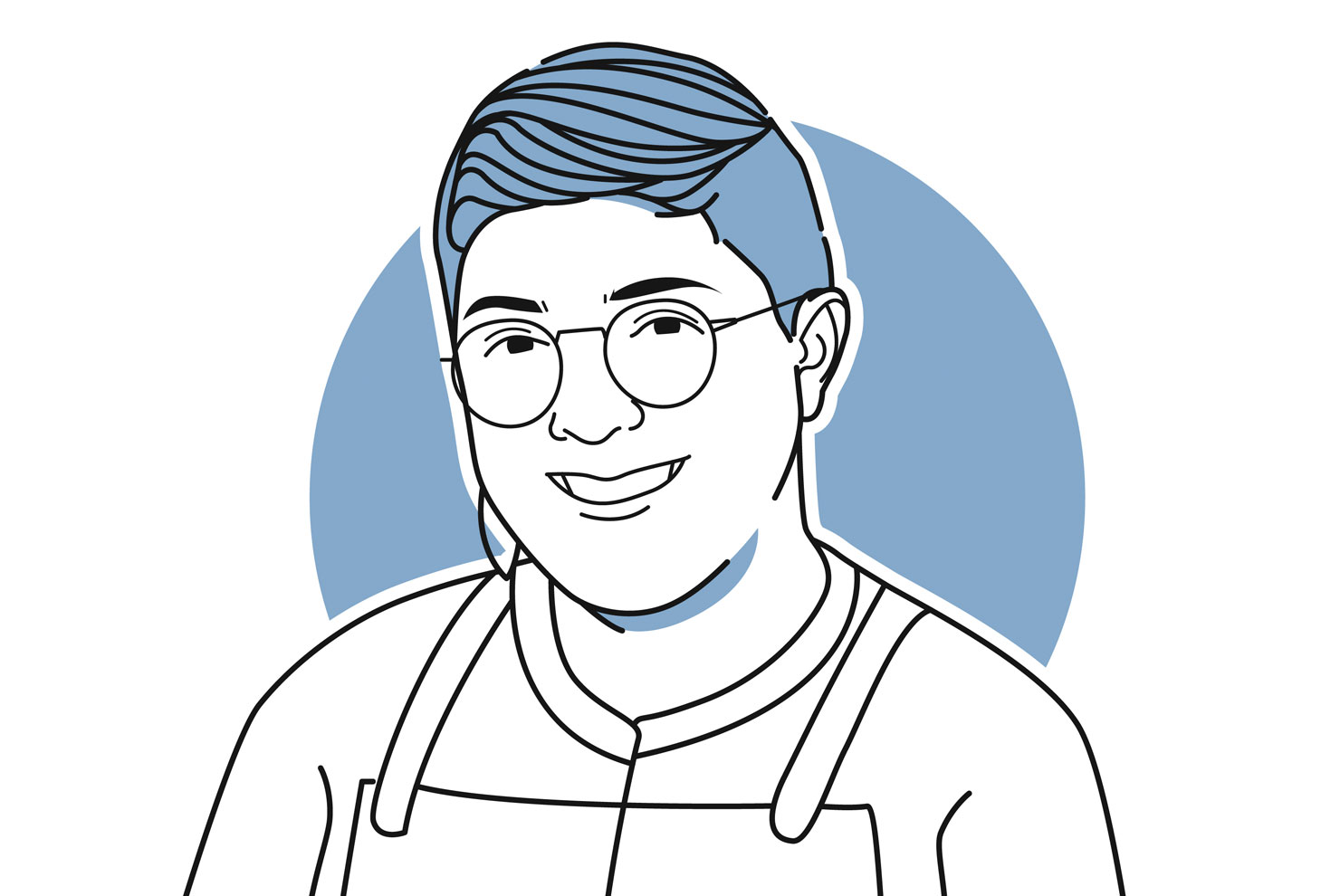Welcome to The Sprudge Twenty Interviews presented by Pacific Barista Series. For a complete list of 2023 Sprudge Twenty honorees, please visit sprudge.com/twenty.
“Pablo Lara has been dedicated to coffee for years; he has had the pleasure to work in cafes and now with an importer as a trader. He shares his knowledge, is always willing to learn, and is very passionate about bringing the coffee community together.”
Nominated by Erika Hernandez
This interview has been gently edited and condensed.
What is the quality you like best about coffee?
Two things fulfill me about being part of this industry. First is belonging to a global community. I have seen how this industry keeps evolving and asking new questions. The new generation of workers and consumers constantly brings up new ideas that disrupt the status quo, and I love to grow from that. Coffee is an industry in which individuals can feel they are playing a part in expanding it, improving it, and there always seems to be space for new ideas.
Secondly, coffee has given me a platform for my creativity. Through event organizing and writing, I’ve been able to express my creative vision through articles/story topics, event themes, photoshoot concepts, video direction, flyers, and music for events. Collaborating with artists through the past 10 years to bring concepts to life has been extremely rewarding and motivating, including Itzel Islas, Julie Rings, Mary Jhun and many more. This has been an unexpected realm of myself that I have found space for in within the industry.
What was your first coffee job?
Cafe Manager for Cafe Virtuoso and Organic Coffee roaster in Barrio Logan, San Diego.
What is your current role in coffee?
Green Coffee Trader. The core of my job at InterAmerican Coffee is to connect coffees that we source through our own exporters, trusted projects and coops with the right roaster. This involves knowing our spot, afloat and forward inventory like the back of my hand and building a mental memory map of my customer’s preferences. I work on fostering the relationship between roasters and these coffees by sharing information, activity and progress through the harvest year after year.
At the same time I gather information on changing preferences and get a sense of what roasters want and seek out new options to meet the changing tides. My goal is to be able to provide information to the roasters I work with. Green coffee is an extremely complex part of the industry and my background in inbound & outbound logistics, green coffee sourcing, travel to coffee producing countries (as a native Spanish speaker) and 10 years of cupping together with my knowledge gathered through working with roasters allows me to help my customers navigate green coffee buying to the best of my abilities.
Did you experience a “god shot” or life-changing moment of coffee revelation early in your life?
Cupping with Jocylynn Breeland early in my career when I worked at Bird Rock Coffee. We cupped a table of El Salvador honey/natural and washed coffees and she assigned personalities and colors to every coffee. This moment made an impact in the way I cup coffees to this day.
What issue in coffee do you care about most? What cause or element in coffee drives you?
Diversity and inclusion, especially via race, gender, and social/political forms. Through my experience organizing ColdBrew City Fest (2017, 2018, and 2019) I learned, thanks to co-organizers Kain Adams and Itzel Islas that diversity and inclusion needs to be proactive. The coffee industry (and the world we inhabit) is extremely diverse and whatever we create needs to reflect that. This idea influenced the casting for our promo videos, photoshoots and it motivated us to create an event that welcomed new companies and established ones, including actively inviting up-and-coming brands from the United States and across the border from Tijuana. This is also why the tasting competition is blind, allowing a fair platform for new and established competitors.
I now seek to apply these concepts to other events and this is now part of my ethos. It’s all about decolonizing coffee, including the relationship between coffee consumers, roasters, and coffee farmers. I think being a queer immigrant/Latino trader that started as a minimum wage barista has made me aware of certain perspectives in the industry that we still need to question and improve on. My goal in this is for roasters to understand that every coffee producing country has a complex socio-economic environment and supporting coffee farmers can look very different in every country. The majority of coffee farmers do not have fancy cupping labs and understanding the balance between supporting amazing coffees does not always mean putting your money where it’s most needed.
At the same time I want the industry to work on its language surrounding what I call supplier visits vs. “origin trips.” I’m tired of the exoticizing of these trips and the branding that comes along with it. Coffee farmers and the people who work in these countries have limited resources and we need to understand that when we visit we are there as a business relationship foremost and treat these people as our business partners. They hold the knowledge on coffee agriculture, processing and exporting and we are there to learn. These trips are not meant to be vacations; they are meant to cement existing relationships that are mutually beneficial.
Do you often make coffee at home? If so, tell us how you brew!
I actually don’t brew at home BUT I have good reasons! Monday-Friday at the office we brew coffee all day from roasters around the country. For the weekends I have a personal calendar of local roasters and cafes that I plan to visit. This is usually coordinated with special events that San Diego shops plan—we love pop-ups and community events down here.
I also love a new single origin launch or a new cold brew. My customers keep me in the loop and I always try to support and bring my friends and family along. I enjoy spreading the love and visit new roasters, established roasters and everyone in-between. And it’s not always just customers who join, but also people who I’ve met along my career and are pursuing their passion projects in coffee. San Diego is full of beautiful stories and people!
What is your favorite song to brew coffee to?
“Concierge D’armour” by Pollyester. I listened to their album Earthly Powers on my way to Barista Camp Palm Springs in 2016 and it brings back the best coffee memories.
What is your idea of coffee happiness?
Sitting in a cafe and seeing a coffee that is special to me on the shelf. Either by a producer, cooperative or program I admire. It signifies the culmination of a long process of cupping, offering, and building a relationship between coffee growers and roasters. I usually play a part in the marketing of coffees. too. For example, for the last few years I have helped Seven Seas Coffee chose their Holiday coffee and we work on it all year. Seeing it on the shelve and drinking it makes me extremely happy. Bringing different communities together and connecting people bring me lots of joy.
Who inspires you in the world of coffee?
Producers and exporters. Producers, who through such hard work stay motivated to keep going, and hold an enormous source of knowledge regarding the plants and processing that fuel our industry. Meanwhile, exporters on the ground build incredible mental maps covering vast regions. They remember so many producers/groups/cooperatives and specific cupping profiles, viability, and reliability. They manage relationships that respect local value systems and develop trust with communities. On top of this, they have to know market factors and external demand patterns and trends and speak multiple languages. Without these two, our industry could not exist.
If you could drink coffee with anyone, living or dead, who would it be and why?
I have two people that would make for my perfect coffee: Anthony Bourdain and Diana Vreeland. Growing up watching Bourdain’s show really did inspire me to enjoy the uniqueness in everything. How special everyone in a supply chain is, especially the ones behind the scenes. His charisma and respect for everyone who is passionate about their work inspires my leadership skills to this day. As a creative the work of Vreeland for Vogue Magazine best exemplifies my coffee vision/aesthetic. I love camp, exaggeration, quirk and fun! Coffees have personalities and these have become my muses like Vreeland had models. I was even inspired by her Bazar column “Why Don’t You?” and directed a photoshoot based on it for the opening of Coffee & Tea Collective’s then East Village location (which has now relocated down the street.) These two personalities continue to inspire me to this day.
The Sprudge Twenty interview series is presented by Pacific Barista Series. For a complete list of 2023 Sprudge Twenty honorees, please visit sprudge.com/twenty.





